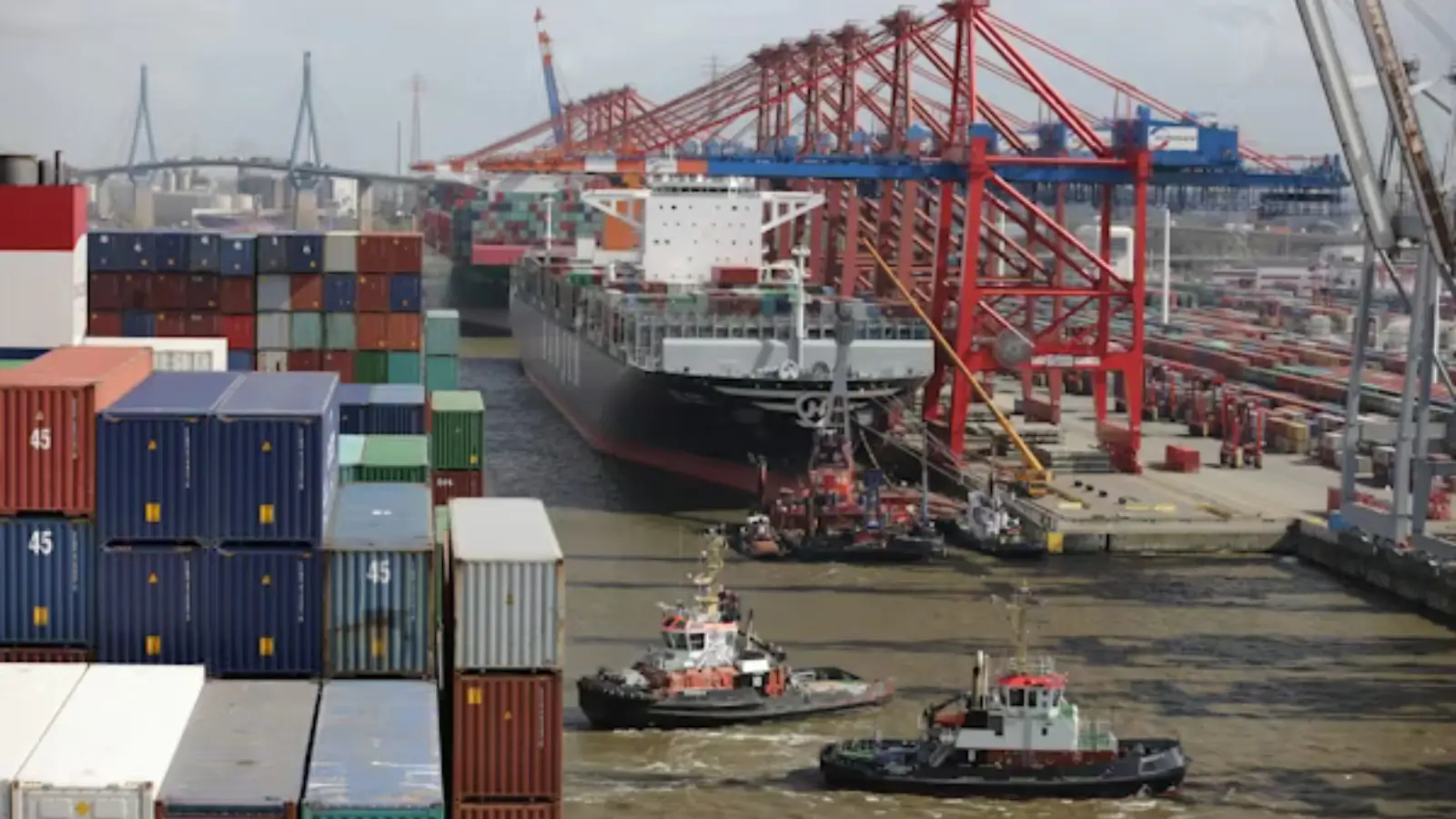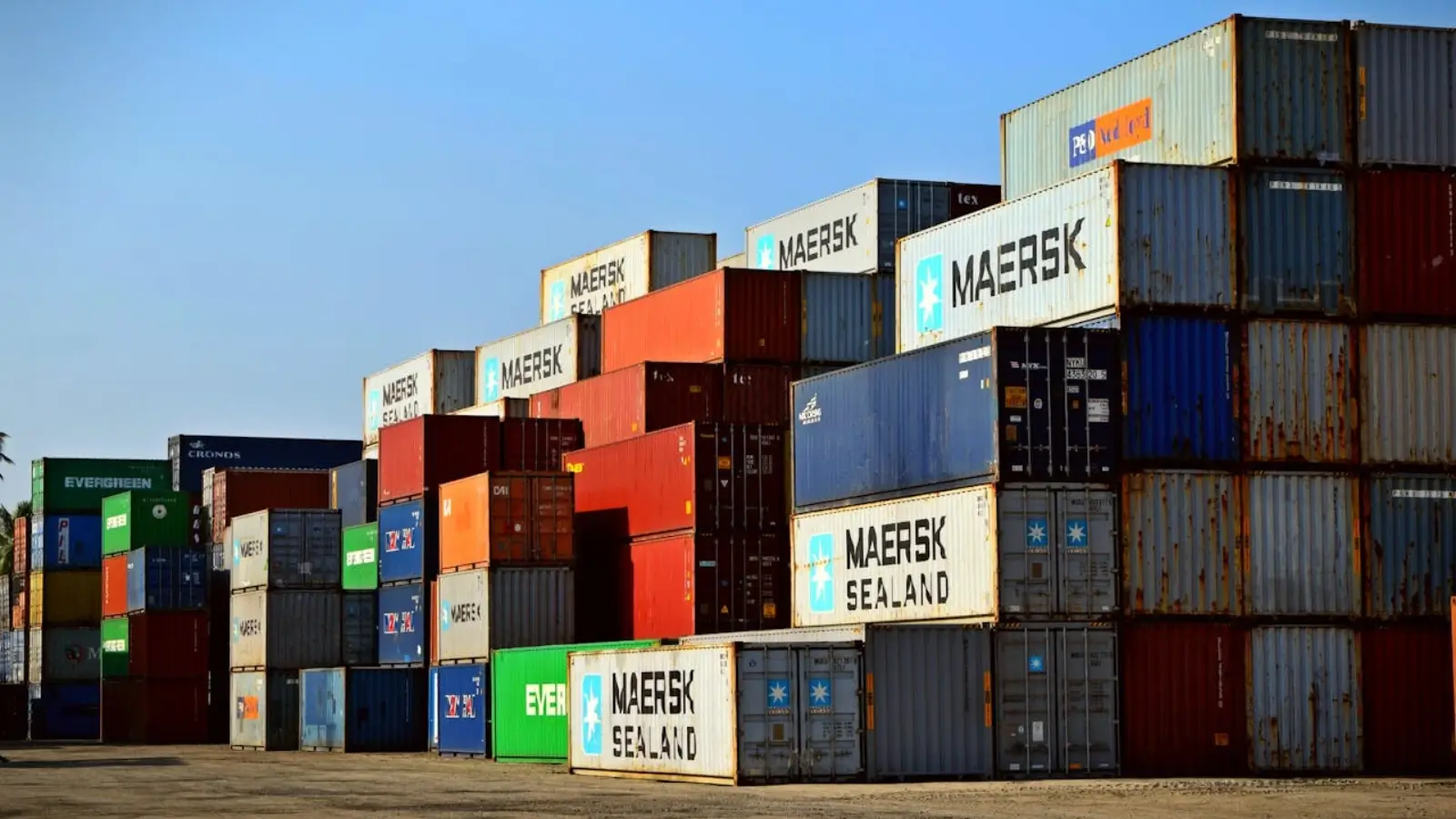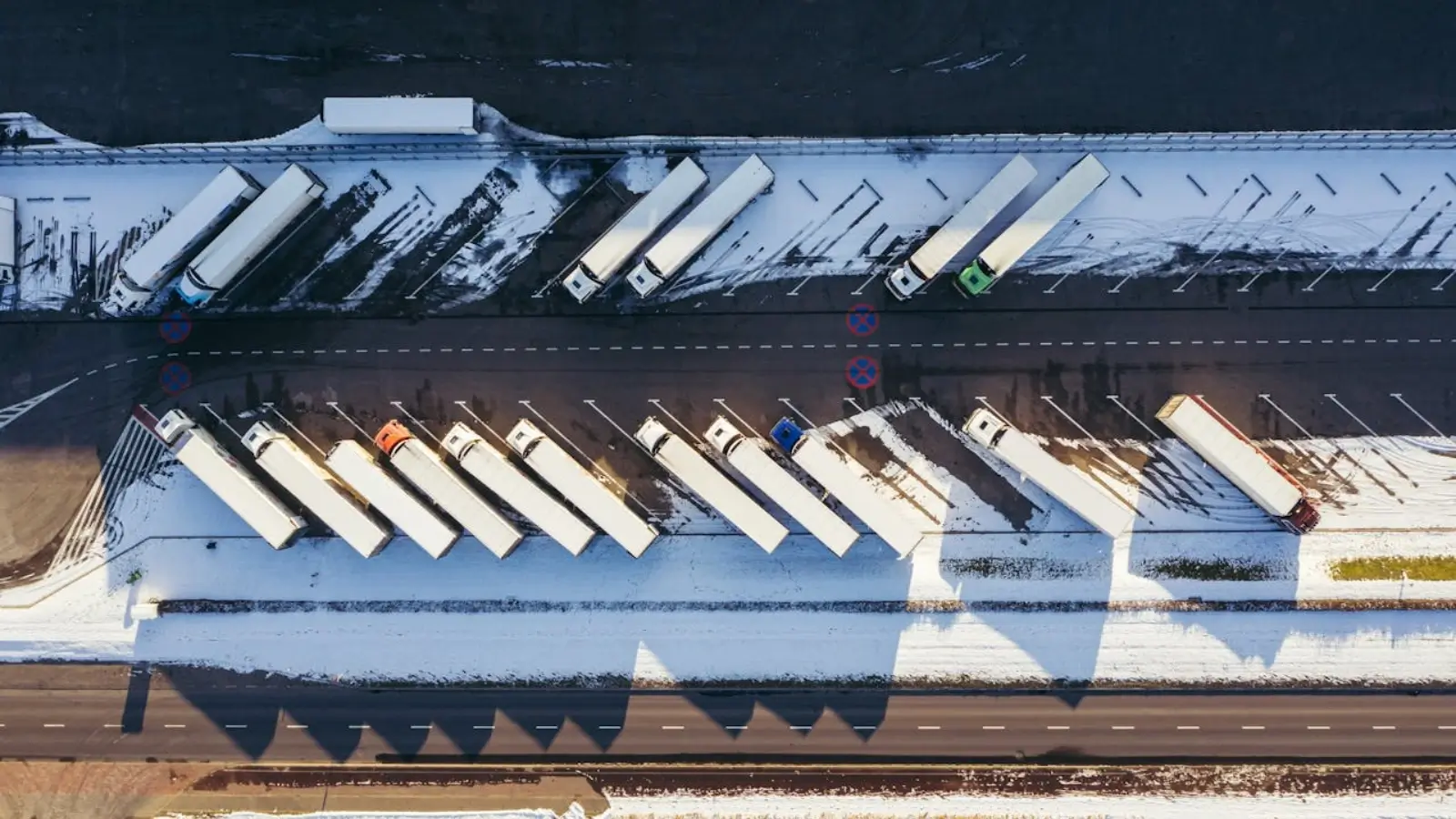The complexity of modern global supply chains has introduced enormous challenges in terms of transparency, efficiency, and accountability. Goods often pass through multiple intermediaries, crossing borders and jurisdictions before reaching the consumer. Each handoff increases the risk of delays, fraud, or misinformation. Traditional auditing systems, while essential, are burdened by paper trails, siloed databases, and human error. Immediate Nextgen blockchain technology is emerging as a powerful tool to address these issues, providing a transparent, tamper-resistant ledger that can streamline auditing processes across international supply chains.
The Challenges of Auditing Global Supply Chains
Auditing supply chains has always been a demanding task. From raw materials to finished products, every link in the chain requires documentation, verification, and compliance with standards. For companies operating on a global scale, these processes become even more complicated due to differences in local regulations, time zones, and languages. Manual record-keeping or even traditional digital systems are prone to discrepancies. Missing documentation, falsified data, and lack of real-time updates create inefficiencies that increase costs and undermine trust. Furthermore, industries such as food, pharmaceuticals, and electronics face heightened risks when provenance and authenticity cannot be guaranteed. Counterfeit goods not only harm revenue but also endanger consumer safety and brand reputation. In such a landscape, auditing becomes more than just a compliance requirement—it is a matter of survival for companies striving to maintain credibility in the global marketplace.
Blockchain as a Foundation for Trust
Blockchain technology introduces a decentralized, immutable ledger system where transactions and data entries are securely recorded across multiple nodes. For supply chains, this means every step—sourcing, manufacturing, shipping, and distribution—can be documented in real time and stored in a tamper-proof format. Once recorded, information cannot be altered without consensus, making fraudulent changes virtually impossible. Each stakeholder, from supplier to retailer, can access the same verified version of the truth. This shared visibility streamlines auditing processes by reducing reliance on third-party verifiers and providing auditors with transparent, real-time data. For example, an auditor reviewing the journey of a product can instantly trace it back to its origin, verify certifications, and confirm compliance with industry regulations. This ability dramatically reduces the time and cost of audits while enhancing the accuracy of outcomes.
Enhancing Transparency Across Borders
One of the most significant benefits of blockchain auditing is its ability to create trust in cross-border transactions. In many cases, supply chains span dozens of countries with varying regulatory environments. Ensuring compliance with international standards is both challenging and resource-intensive. By recording every transaction and certification on a blockchain, global companies gain a universal source of truth. Customs officials, regulators, and auditors in different countries can access the same verified data, eliminating duplication of effort. This transparency accelerates customs clearance, reduces administrative bottlenecks, and ensures that products entering a market meet required standards. For industries such as food and agriculture, blockchain also enables precise traceability. If a contamination issue arises, auditors can quickly identify the source and isolate affected batches without recalling entire shipments. This level of precision enhances consumer safety and reduces financial losses.
Real-World Applications in Supply Chain Auditing
Several industries are already deploying blockchain-based auditing systems with promising results:
- Food Industry: Companies like Walmart and Carrefour have implemented blockchain systems to track produce from farm to shelf. Auditors can verify each stage of production and transport, ensuring compliance with food safety standards.
- Pharmaceuticals: The Drug Supply Chain Security Act (DSCSA) in the United States has prompted pharmaceutical companies to explore blockchain as a means to prevent counterfeit medicines. Auditors can confirm drug authenticity and regulatory compliance with unprecedented accuracy.
- Luxury Goods: Brands such as LVMH are using blockchain to authenticate products, allowing auditors to verify supply chain integrity and protect against counterfeiting.
- Electronics: Blockchain is helping ensure responsible sourcing of minerals, such as cobalt, used in batteries. Auditors can verify whether materials originate from ethical and conflict-free sources.
These examples demonstrate the versatility of blockchain in providing real-time, verifiable records that simplify auditing while strengthening trust across industries.
Streamlining Compliance and Sustainability Reporting
Beyond traditional audits, blockchain also plays a crucial role in sustainability reporting. Increasingly, consumers and regulators demand proof of ethical sourcing, environmental responsibility, and fair labor practices. However, verifying such claims is notoriously difficult with conventional methods. By recording sustainability certifications, carbon footprints, and labor standards on a blockchain, companies provide auditors with a reliable dataset for assessment. This transparency ensures that corporate social responsibility claims are verifiable rather than merely promotional. For companies seeking to enhance their reputation and meet regulatory requirements, blockchain auditing provides a measurable competitive advantage.
Challenges in Blockchain Adoption for Auditing
While the benefits are clear, implementing blockchain in global supply chain audits is not without challenges. Infrastructure costs, integration with legacy systems, and the need for industry-wide collaboration remain significant hurdles. Smaller suppliers, especially in developing regions, may lack the technological capacity to participate fully in blockchain-based systems. Interoperability is another concern. Different companies or industries may adopt distinct blockchain platforms, raising questions about data compatibility. For blockchain auditing to realize its full potential, standards and frameworks must be established to ensure seamless data sharing across systems. Data privacy also requires careful consideration. While transparency is a key advantage of blockchain, sensitive business information must be protected. Permissioned blockchains, which restrict access to certain parties, are emerging as a solution to balance transparency with confidentiality.
The Future of Blockchain Auditing in Supply Chains
Despite current obstacles, the trajectory of blockchain adoption in supply chain auditing is promising. As more industries recognize the cost savings, efficiency gains, and trust benefits, adoption rates are expected to accelerate. Advances in interoperability, scalability, and user-friendly platforms will make blockchain more accessible even to smaller suppliers. In the near future, blockchain could become the default infrastructure for supply chain auditing, much like digital accounting systems replaced paper ledgers. Auditors will transition from verifying paper trails to analyzing real-time blockchain data, focusing more on insights and compliance strategies than manual verification. As industries strive to meet growing demands for transparency and sustainability, blockchain auditing offers a way to bridge the trust gap between companies, regulators, and consumers. Ultimately, this technology has the potential to redefine global supply chains by making them more efficient, trustworthy, and resilient.
















